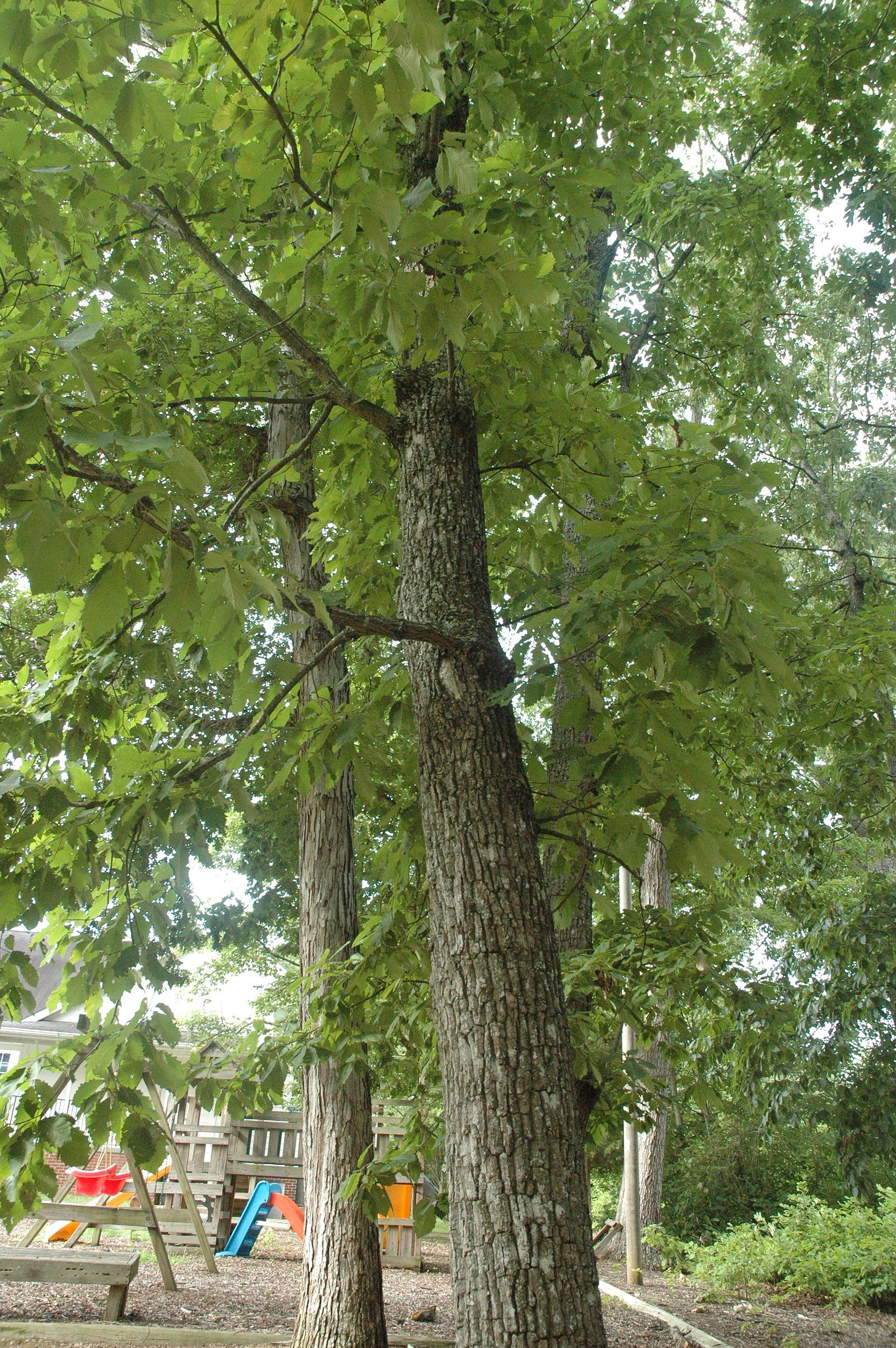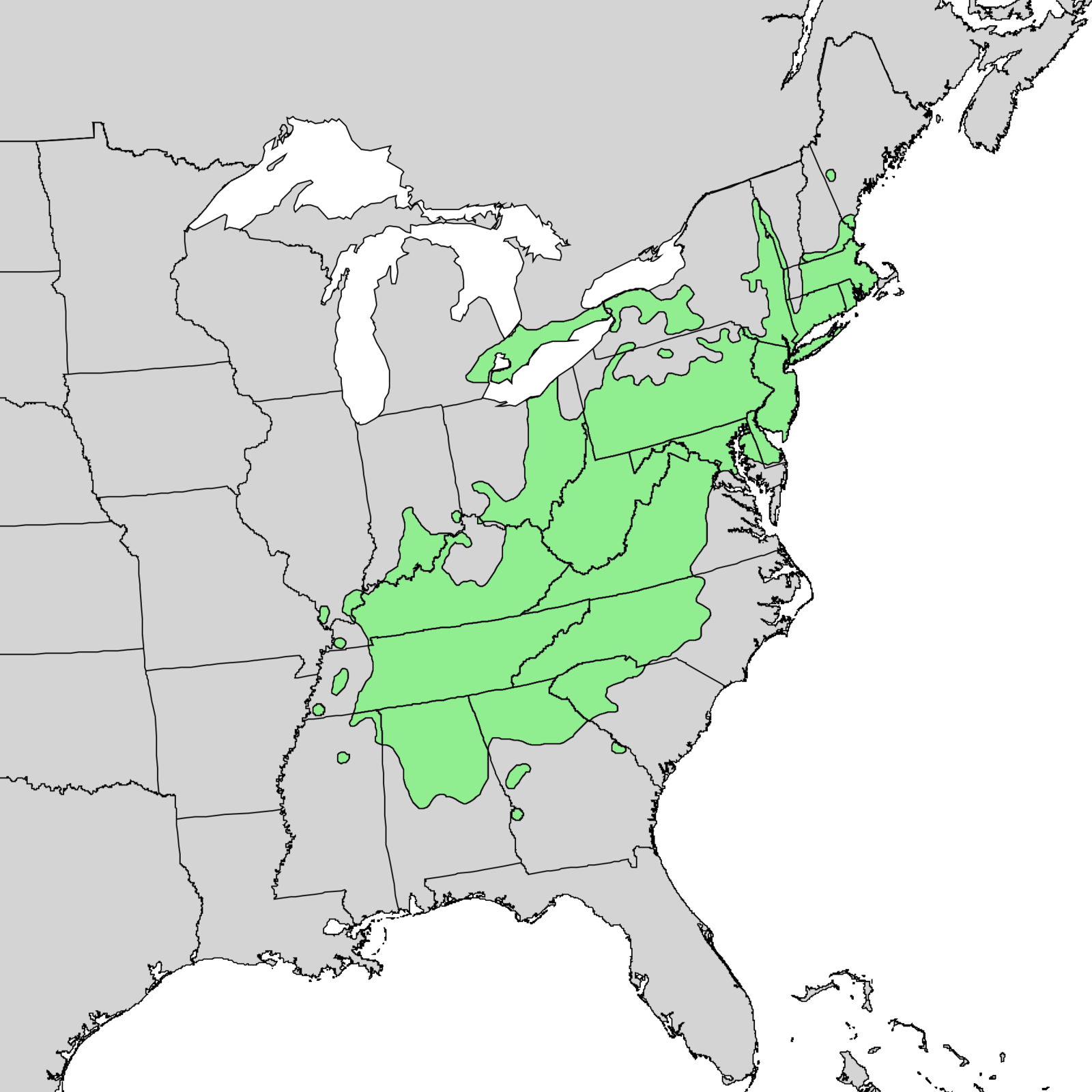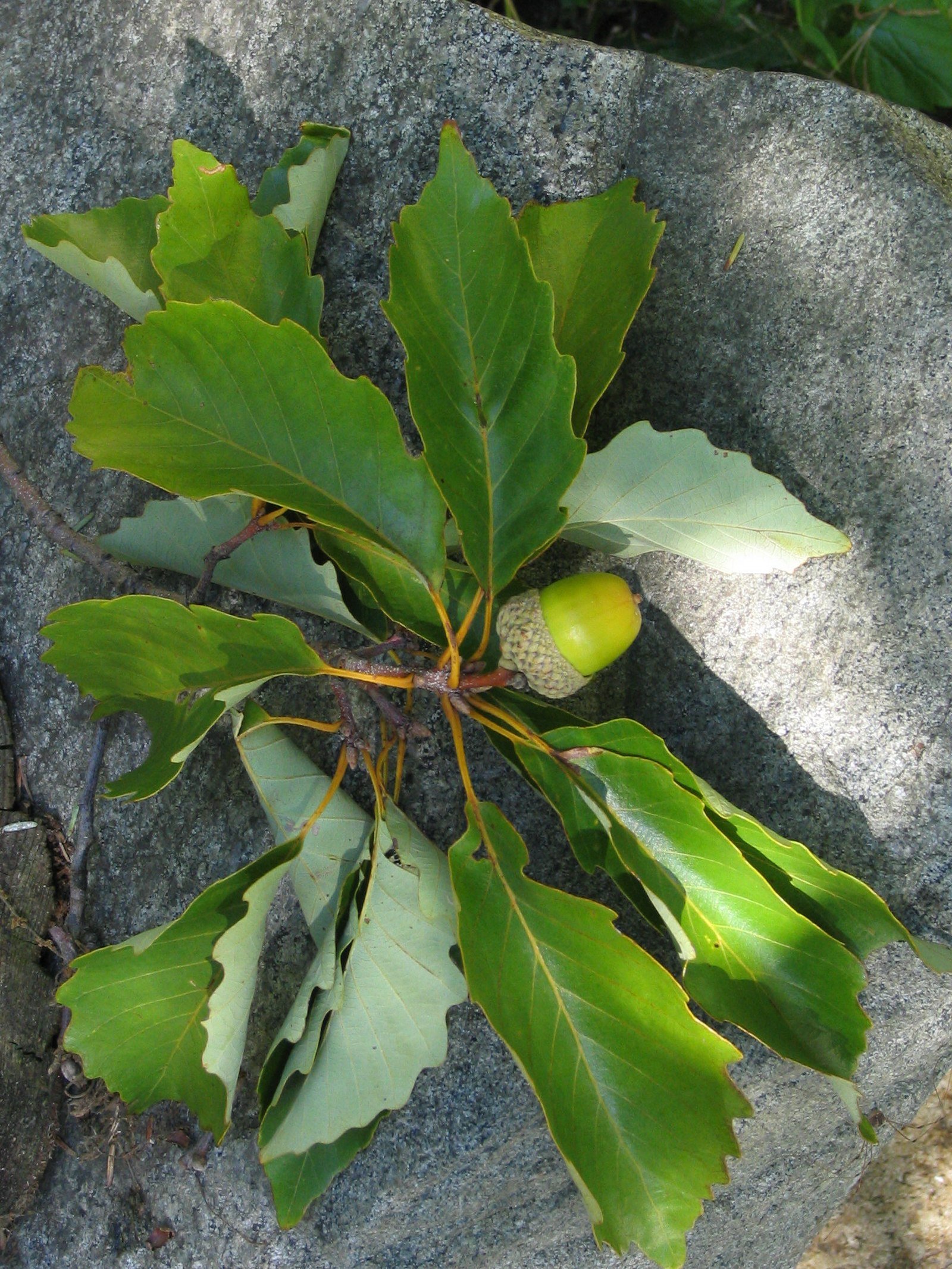 Image 1 of 5
Image 1 of 5

 Image 2 of 5
Image 2 of 5

 Image 3 of 5
Image 3 of 5

 Image 4 of 5
Image 4 of 5

 Image 5 of 5
Image 5 of 5






Chestnut Oak (Quercus montana)
Host plant for 488 caterpillar species *Keystone species
Selling first year local eco type Chestnut Oaks. Grown from acorn. Mother tree is located near Reedy Creek nature preserve.
A unique native oak species not commonly found in our area. A large pocket of Chestnut oaks grow naturally off Rocky River rd in east Charlotte. Chestnut oaks are common in areas where the soil is rocky. Therefore, they are extremely tough. The large acorns are very beneficial for wildlife.
The Chestnut Oak can grow to be 60-70 feet tall and 50-70 feet wide. It prefers full sun exposure and well-draining soil that's slightly acidic. This oak is notable for its deeply grooved bark and its sweet, edible acorns.
The Chestnut Oak was once an important source of tannin for the leather industry. The bark contains high levels of tannin, which can be extracted and used to tan animal hides. (Source: Missouri Botanical Garden)
Host plant for 488 caterpillar species *Keystone species
Selling first year local eco type Chestnut Oaks. Grown from acorn. Mother tree is located near Reedy Creek nature preserve.
A unique native oak species not commonly found in our area. A large pocket of Chestnut oaks grow naturally off Rocky River rd in east Charlotte. Chestnut oaks are common in areas where the soil is rocky. Therefore, they are extremely tough. The large acorns are very beneficial for wildlife.
The Chestnut Oak can grow to be 60-70 feet tall and 50-70 feet wide. It prefers full sun exposure and well-draining soil that's slightly acidic. This oak is notable for its deeply grooved bark and its sweet, edible acorns.
The Chestnut Oak was once an important source of tannin for the leather industry. The bark contains high levels of tannin, which can be extracted and used to tan animal hides. (Source: Missouri Botanical Garden)
